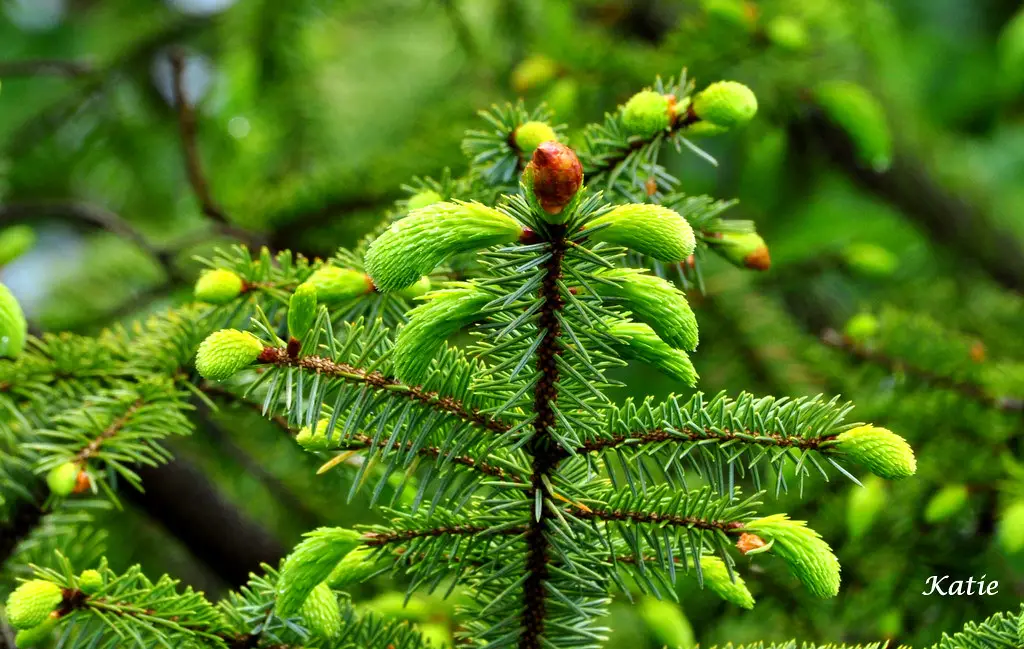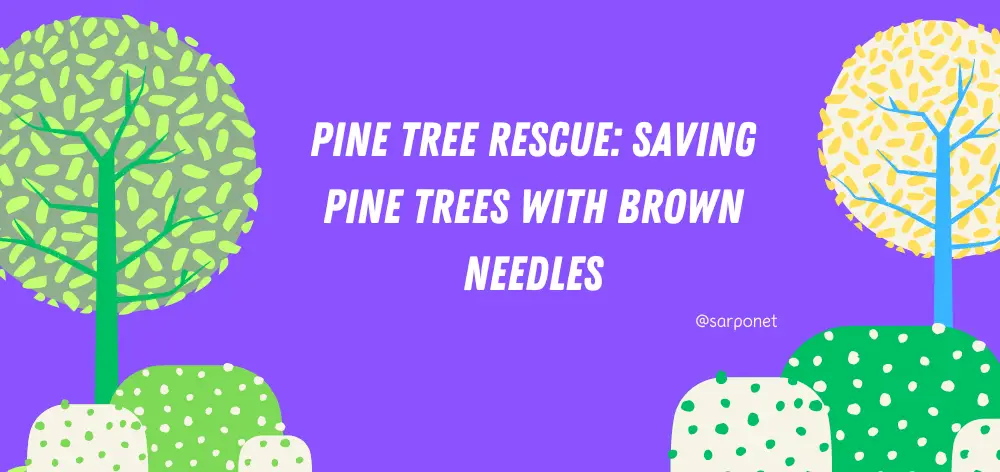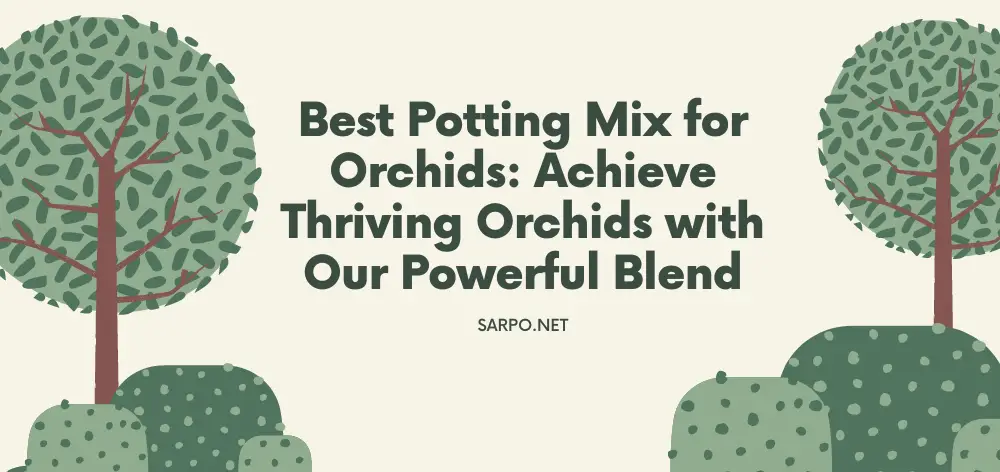How to Stop Horses from Eating Tree Bark
A horse’s diet consists mostly of hay and grain, with a small amount of fresh vegetables. However, some horses like to nibble on tree bark as well. While this is not harmful in moderation, it can lead to digestive problems and weight loss if the horse eats too much bark.
If you have a horse that is eating tree bark, there are a few things you can do to stop them.
- If you see your horse nibbling on tree bark, quickly move him away from the tree
- Distract your horse with a treat or toy, or take him for a walk so he forgets about the tree
- If your horse is bored, try giving him additional hay or grazing time to help satisfy his hunger
- Apply a bitter-tasting spray to the tree trunk to deter your horse from chewing on it
- Check that your horse’s diet is balanced and he is getting enough nutrients, as this can sometimes lead to horses seeking out other food sources like tree bark
Is It Normal for Horses to Eat Tree Bark?
Yes, it is normal for horses to eat tree bark. In fact, they often do so when they are bored or have nothing else to nibble on. While munching on tree bark won’t provide your horse with much nutrition, it can help satisfy their need to chew and can help keep their teeth healthy.
Just be sure to monitor your horse’s intake of tree bark so that they don’t consume too much and end up with an upset stomach.
What are Horses Lacking When They Eat Wood?
One of the things horses are lacking when they eat wood is the lack of nutrition that they need. Horses need to have a diet that is high in fiber and low in sugar in order to maintain their health and prevent digestive problems. When horses eat wood, they are not getting the nutrients they need to stay healthy.
Another thing horses are lacking when they eat wood is the lack of chewing action. Chewing helps horses break down their food so they can digest it properly. When horses don’t chew their food, they can’t digest it as well and this can lead to colic or other digestive problems.
How Do I Stop My Horse from Chewing Wood?
If your horse is chewing wood, it could be a sign that they’re not getting enough nutrients from their food. Chewing on wood can help horses grind their food and extract more nutrients from it. If you’re concerned about your horse’s chewing habits, talk to your vet or a nutritionist to see if they need more vitamins or minerals in their diet.
You can also try giving them hay nets or slow feeders to encourage them to eat more slowly and avoid boredom. Finally, make sure they have plenty of fresh water available at all times.
How Do You Keep Horses Away from Trees?
One of the best ways to keep horses away from trees is to provide them with alternative sources of food and shelter. Horses are attracted to trees because they offer a source of shade and shelter from the elements, as well as a potential source of food. If you can provide your horse with an alternate source of food and shelter, they will be less likely to bother the trees.
Another way to keep horses away from trees is to fencing them off. If you have a pasture or paddock that contains trees, you can put up a fence around the perimeter to keep horses out. This is an effective way to protect both the horse and the tree.
Homemade Chew Stop for Horses
If you have a horse that likes to chew on his or her stall, you may be looking for a way to stop the chewing. One option is to purchase a commercial chew stop product from a store specializing in horse supplies. However, these products can be expensive and may not be effective.
A cheaper and possibly more effective option is to make your own homemade chew stop for horses. Ingredients: 1 cup water 1 cup white vinegar 1 tablespoon salt 1 tablespoon sweetener (honey, molasses, etc.)
Instructions:
- Combine all ingredients in a spray bottle and shake well to mix.
- Spray the solution onto the areas of the stall that your horse has been chewing. Be sure to saturate the area completely.
- Allow the solution to dry completely before letting your horse back into the stall.
Horse Eating Tree Leaves
Horses are known for their love of grass, but did you know that they also enjoy eating tree leaves? While horses will eat just about anything, there are some trees that they seem to prefer. Here are a few of the most popular:
- Apple Trees – Horses love the taste of apples, and apple tree leaves are no exception. If you have an apple tree in your pasture, chances are your horse will munch on the leaves whenever he gets the chance.
- Maple Trees – Another type of tree that horses enjoy eating is the maple tree. The leaves of this tree are especially tasty to horses, and they’ll often strip the branches bare if given the opportunity.
- Oak Trees – Oak trees are another favorite among horses. The leaves of these trees contain tannins, which can help to promote healthy digestion in horses. Additionally, oak leaves provide a good source of roughage, which is important for keeping a horse’s digestive system functioning properly.
- Willow Trees – Willow trees are also popular with horses because of their high content of Vitamin C. This vitamin is essential for maintaining a horse’s immune system, and it can also help to ward off respiratory infections.
Minerals in Tree Bark
Minerals are an important part of a tree’s bark. They help to protect the tree from disease and pests, and provide nutrients that the tree needs to grow. Trees need a variety of minerals to remain healthy, including calcium, magnesium, potassium, and sodium.
Tree bark is also a source of tannins, which are compounds that can help to protect the tree from rot and decay. Tannins can also be used to create dyes and other products.
Tree bark is an essential part of a tree’s life cycle, and it is important to understand how minerals play a role in its health.
By understanding the role of minerals in tree bark, we can better care for our trees and ensure that they remain healthy for years to come.
Do Horses Bark Like Dogs
Do Horses Bark Like Dogs? The answer to this question is a resounding no! Horses do not bark like dogs.
In fact, they don’t make any noise that remotely resembles a bark. So, why do people ask this question? Well, it’s probably because horses and dogs are both four-legged animals that live in similar environments (i.e. stables and farms).
Also, both horses and dogs are social animals that form close bonds with their owners/handlers. So, while horses and dogs may have some similarities, they are definitely different when it comes to the noises they make. If you want to hear a horse make noise, you’ll have to listen for things like whinnying, neighing, or blowing air through their nostrils.
Frequently Asked Questions:
What taste do horses hate?
Horses generally dislike bitter tastes. Bitter flavors, such as those found in anti-chew sprays or substances like cayenne pepper, are often effective in deterring horses from chewing on objects like wooden rails.
What smell scares horses?
Horses are often sensitive to strong or unusual smells. Citrus, menthol, and ammonia-based scents can be unsettling for them. Additionally, certain essential oils like lavender and eucalyptus can have a calming effect on horses. It’s important to introduce new scents gradually to observe the horse’s reaction.
Are onions toxic to horses?
Yes, onions are toxic to horses. They contain compounds that can cause damage to a horse’s red blood cells, leading to anemia. It’s important to avoid feeding onions or any foods containing them to horses.
Conclusion
Horses are curious creatures and often like to nibble on things they shouldn’t, including tree bark. While a little nibbling here and there may not seem like a big deal, it can actually cause serious damage to trees. If you’ve noticed your horse munching on tree bark, there are a few things you can do to stop them.
First, try to keep your horse away from the area where they’re doing the damage. If that’s not possible or if they’re still getting to the trees somehow, you can try using taste deterrents like hot sauce or vinegar. These won’t hurt your horse but will make the tree bark unappealing.
Finally, if all else fails, you can put up a physical barrier around the tree trunk or cover it with something so your horse can’t get to it.
Related Articles:
10 Best Small Evergreen Trees with Non Invasive Roots
 Dr Ahsanur Rahman, PHD
Dr Ahsanur Rahman, PHDPine Tree Rescue: Saving Pine Trees with Brown Needles
 Dr Ahsanur Rahman, PHD
Dr Ahsanur Rahman, PHD



